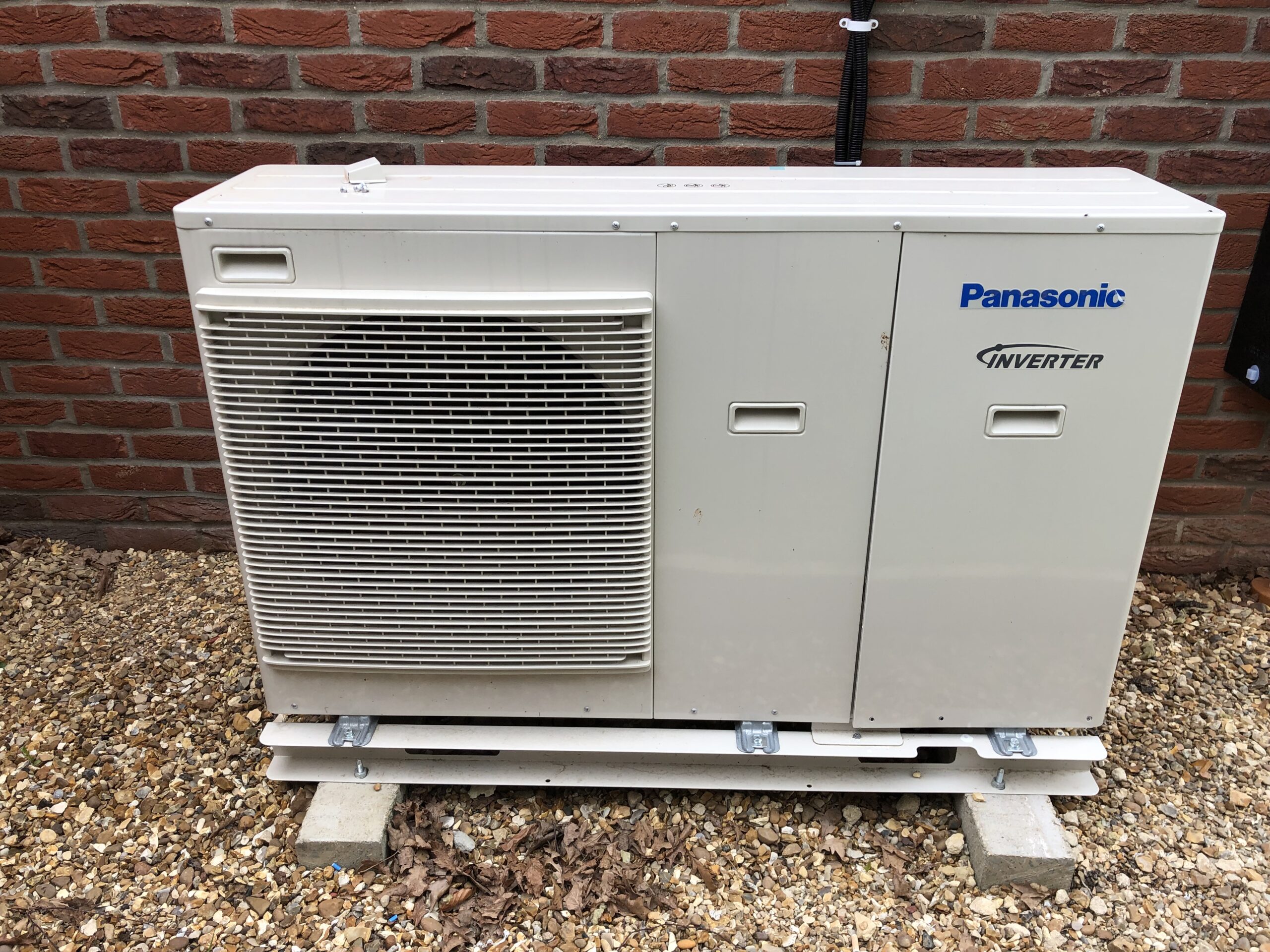The Challenge
It’s no secret that getting energy from fossils fuels is bad for our planet and contributes to climate change. In Greater Manchester only 2.5% of our energy comes from renewable energy sources.
We need to reduce carbon emissions that come from the energy we use to power our transport, heat and power our homes and buildings. This means moving away from fossil fuels to renewable sources like switching to green energy, low carbon heating options and electric vehicles.
We need to make big changes to the way our current system delivers our energy too. It was built for gas and electricity from fossils fuels not for wind turbines and solar panels.
Standards for new buildings and developments will be set through a joint development plan called ‘Places for Everyone’. But we still need to increase renewable energy generation and low carbon heating in existing homes and buildings.
To do this, we need everyone to take action and make a change. From something simple like switching to LED light bulbs or insulating your loft. To something a bit bigger like installing a heat pump or fitting solar panels.
If each one of us made a small change it would make a big difference!
What we need to do
In Greater Manchester we need:
- Half of all homes to have solar panels covering 16 square metres. That’s the same size as 7000 Olympic size swimming pools.
- Business and commercial premises to have a total of 5.5 square kilometres of solar panels on rooftops or in ground-mounted installations. That’s the size of 770 football pitches.
- 550 onshore wind turbines delivering around 3.4 terawatt hours per year. That’s the same amount of energy as travelling from Manchester to London by high-speed electric train 523,000 times!
- A 4.5 times increase in current biomass energy delivering around 4 terawatt hours per year. That’s energy that’s generated from plants, wood and even food waste and would be enough energy to power 100 LED bulbs for 1 million years.
- To move away from gas boilers. So less than 35% of homes are heated by gas. And 60% of homes and business are using low carbon heating instead, like heat pumps and solar energy.
What we are doing
Through collaborative projects across Greater Manchester, funded by the Government, we are looking at how energy is stored, used, bought and sold by businesses and residents so we can help implement energy efficient measures.
The projects underway so far are:
Greater Manchester Local Energy Market
This is a partnership project, led by GMCA with 12 other energy partners to look at the way energy is used across Greater Manchester. This project is looking at the measures for renewable energy sources that can be put in place to lower our carbon emissions like air source heat pumps, solar panels and electric vehicle charging points.
Green Homes Grant fund
This fund supported residents with grants to install energy efficiency measures such as external wall insulation, new windows and doors and air source heat pumps. These measures help residents to make their homes more energy efficient, which can help save them money on fuel bills.
Public Sector Decarbonisation Scheme
The scheme is looking at public sector buildings and how they can have energy efficiency measures installed. The measures will include the installation of air source heat pumps for heating, solar panels to generate and create electricity, insulation and LED lighting to improve energy efficiency, and energy monitoring and control systems to ensure these public facilities can accurately measure their energy usage.
Energy Innovation Agency
The Agency is a collaboration between Greater Manchester Combined Authority (GMCA), The Growth Company, Hitachi Europe, Bruntwood, SSE Enterprise, The University of Manchester, Manchester Metropolitan University and the University of Salford. The Energy Innovation Agency has been created to bridge the ‘innovation gap’ that is a key barrier for Greater Manchester reaching its aim of having a zero-carbon footprint by 2038.
Retrofit Task Force
The Task Force is made up of the best minds in energy, education and infrastructure has been established with the goal of upgrading around 60,000 homes across Greater Manchester every year. Measures including changing to renewable energy and heating. Not only will this reduce carbon issues, but it will reduce fuel poverty and create a market of skills and jobs worth around £5 billion.
Heat Network Zones
Greater Manchester is taking part in the Government’s Department for Business, Energy & Industrial Strategy (BEIS) Heat Network Zoning Pilot which will inform national policy development for the future use and growth of heat networks to reduce carbon emissions.
Air Source Heat Pumps
Heating our homes account for one third of our carbon emissions. The majority of homes in Greater Manchester are heated by gas. A greener solution is to use electricity. Heat pumps are the most efficient way to generate heat from electricity and they have an important role to play in the transition to net zero, particularly in our homes.
A heat network – sometimes called district heating – is a distribution system of insulated pipes that takes heat from a central source and delivers it to a number of domestic or non-domestic buildings. The heat source might be a facility that provides a dedicated supply to the heat network, such as a combined heat and power plant; or heat recovered from industry and urban infrastructure, canals and rivers, or energy from waste plants.
Find out more




